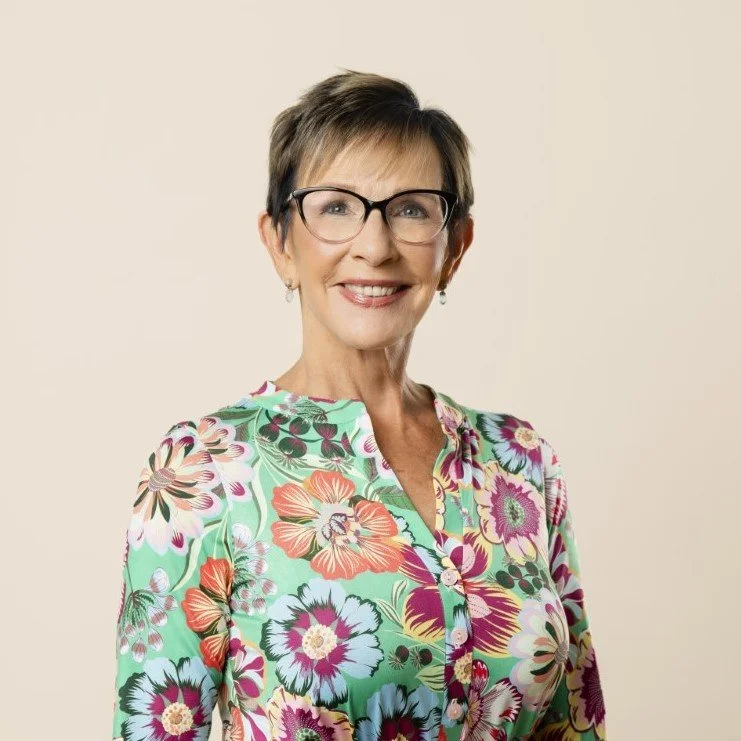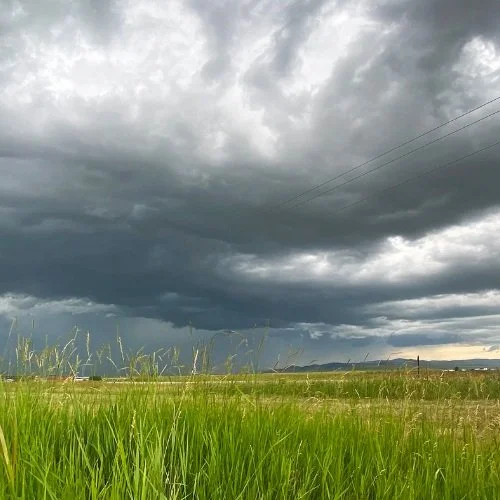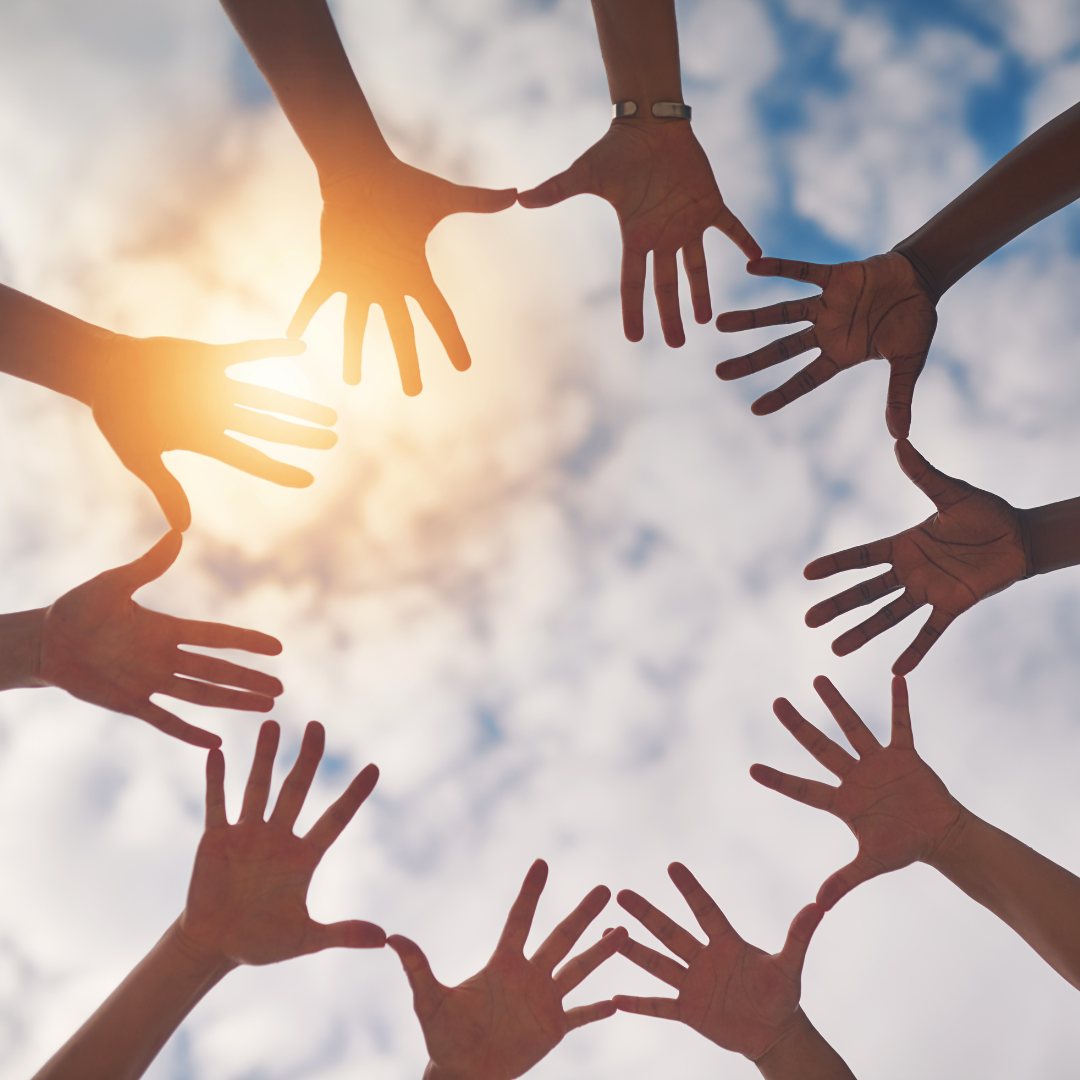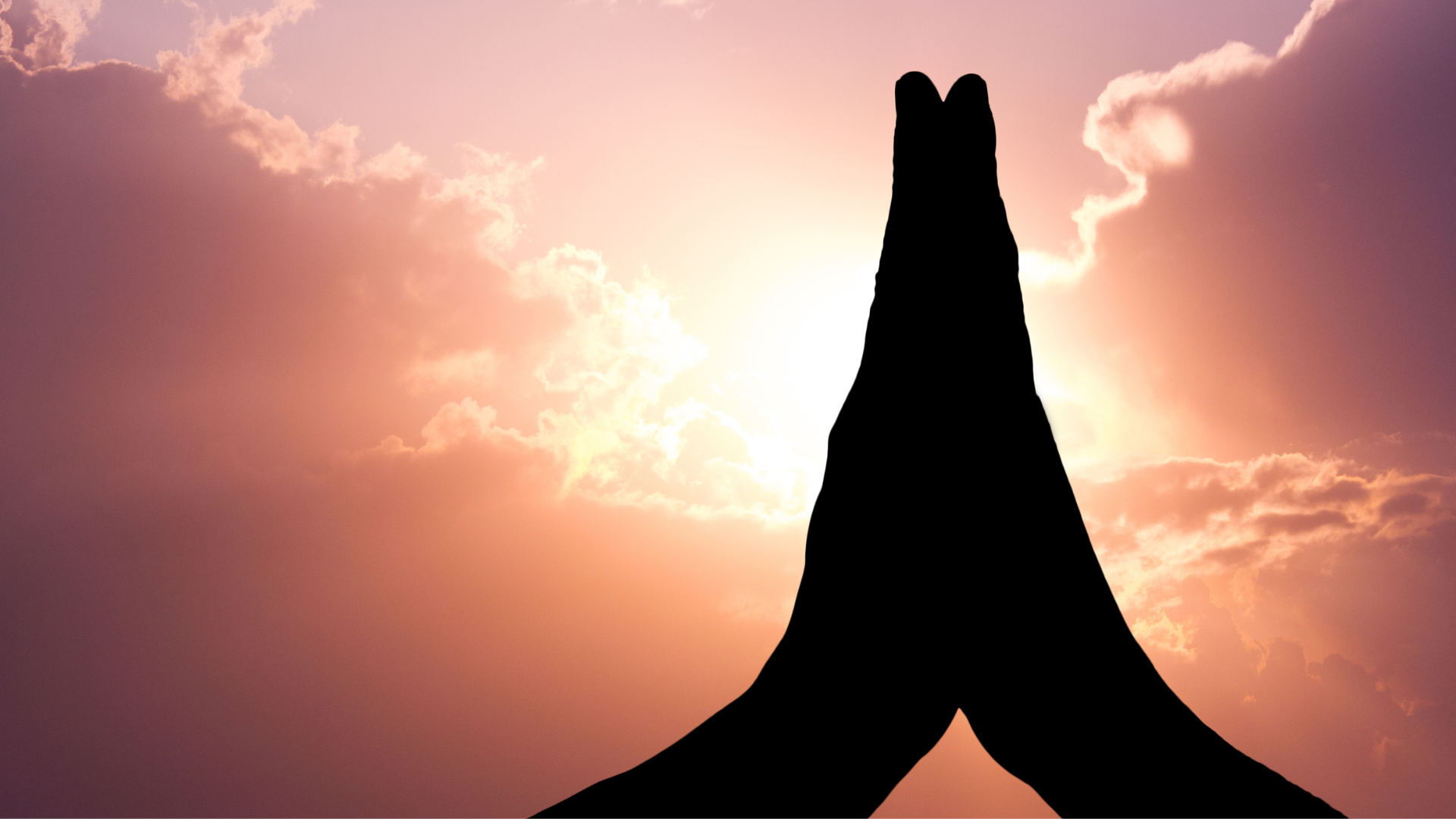Marcia’s Musings: Meg Ryan Was Right
/Certain lines in certain movies or books jump out and stick to you, don’t they? Just such a thing happened to me twenty-five years ago in a darkened, butter-and-candy-scented theater when watching You’ve Got Mail, an evergreen film starring Meg Ryan and Tom Hanks. A confession, and please don’t judge me for this: It’s one of the handful of movies I have purchased and kept because I learned something profound from them even if the content of some of them was light-hearted or a bit formulaic.
In this romcom by the iconic sister duo of Nora and Delia Ephron, Hanks’ character (Joe), scion of a tycoon in the corporate bookstore business, says to Ryan’s (Kathleen) when her tiny indie children’s bookshop shutters under pressure from the “big, bad” one he opens around the corner, “It wasn’t personal.” She throws him a sad, withering look and replies, “It wasn’t personal to you. It was personal to me. Whatever else, it ought to begin by being personal.”
This thought plagues me in a time of impersonality. We sit in offices in our private homes, alone or on endless Zoom meetings that I overhear from my home’s lower level when my children or friends stay over. Oh, yes, they see faces. The sharing, though, is all business, absent of the chit-chat and real-life stories that might have been exchanged before or after an in-person meeting started when we all worked in common places. We fly around the globe and often never exchange a single word with a seatmate as happened before noise-canceling headphones, laptop computers, and “content” instantly accessible on the little screen embedded in the back of the seat we face. Texts and emails, now primary forms of communications, render even phone calls strangely old-fashioned and unnecessary, and much is the loss of hearing another voice. They place a premium on speed and default to perfunctory because of it.
Amid a loneliness epidemic in this country so severe that the Surgeon General recently issued an advisory about it, we’re forgetting how to “gather together”, as the old hymn says. And in the excellent Netflix four-part documentary on the Blue Zones, Live to 100: Secrets of the Blue Zones, one of the six or seven primary characteristics of these places centers on being with others continually and engaging in practices that bring us together. This is precisely why I love to attend public yoga classes and to teach them, too. It allows us to gather together again. It permits us to visit before and after each session. It creates connection, rejects rejection, embraces embracing.
At the same time, yoga at its foundation encourages the personal. My breath will move at a slightly different rate than yours even when the teacher invites the shared organization of it through pranayama practices. My poses will form in slightly different shapes than yours because our bodies are personal to each of us and work differently. My wandering thoughts will not mirror yours. My rising emotions will differ from the ones rising in you, if not in their names, such as grief, anxiety, or joy, than certainly in the quality of them. Intense or mild? Lingering or fleeting? Hot or cold? The internal inquiry each of us encounters will be different because investigation in this practice is based on one thing: direct personal experience.
Yet in this intensely personal practice filled with freedom and choice, the clarion call to sangha – to community – always sounds. When we gather in a yoga class, we live in the world of “and”, as in: I’m engaged personally with myself on my mat, and I’m in community. I’m taking the shape of Warrior 2 with everyone else, and mine will look and feel slightly or greatly different from yours. When I set my intention, yours will be unique from it, and our unspoken shared intentions will bind us.
We are fond of saying that the pandemic broke our communities - our very ability to be in community - and unleashed a threat to our way of life and well-being. The seeds existed long before Covid, however, driven by a growing,desperate sense of individualism and separation that has created a coarser and meaner society. Covid simply fanned the embers that had been building heat for several decades.
I believe, I see, and I feel a slow turning toward community and connection again. For nearly a decade at the Lakeville center, a group of yogis and book lovers asked if they could form a book club there the second Tuesday of every month at 11 a.m. following the previous class which many of them attended. We said, Yes! When the centers closed because of Covid, and no one – and certainly not MB and me – could guess where we were headed in this unchartered territory, the aptly named Book-Lovers Club disbanded, too.
Two weeks ago, though, one of the original members, Tina, reached out to me to see if the Book-Lovers Club could resume one Tuesday a month, which it will be doing in November. It’s a sign, I thought, and a big one on top of all the other little signs. These include students from the age of “before” suddenly reappearing to increased requests for events and workshops to growing numbers of students in our teacher-training programs where some of our most-enduring sanghas of friendship and support have blossomed. The need to be together in safe and loving spaces is a primary motivator to us inviting groups to use our space in new ways.
And here’s another one: Last month, I arrived five minutes late at the Mendota Heights center because of a traffic jam, and our front-desk staff person was not yet there. Another teacher on the premises let the waiting students in, and a magical moment ensued. One of the longtime yogis – Kathlyn – gave a tour of the whole facility to two brand-new attendees in an act of community and graciousness so kind that I later wept on the way home. And the newcomers? They decided to buy the one-month New Student Offer together. It wasn’t only because of me or even my teaching – I know in my heart it primarily resulted from the sense of community and personal connection they felt from Kathlyn and everyone else. When we connect personally to ourselves and others, kindness emerges, and darker instincts fade.
And this is why Meg Ryan, and her character Kathleen, were right: Whatever else, it – whatever it is - ought to begin by being personal.
Personally yours,
Marcia


































